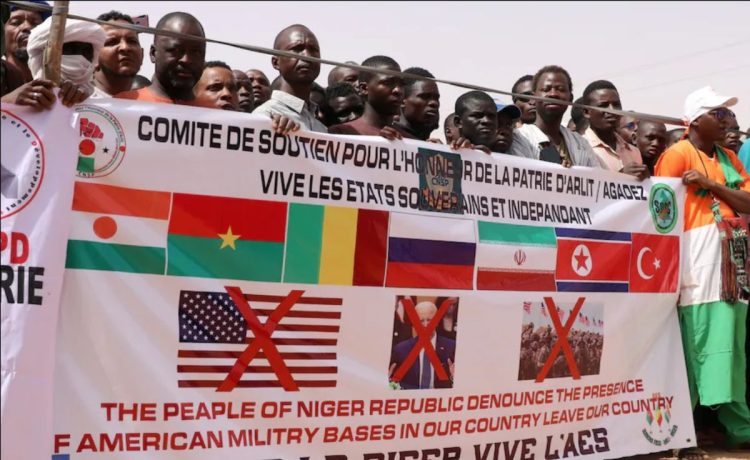After months of negotiations between the United States government and Niger’s ruling junta failed to yield a resolution, a United States delegation is set to present a detailed plan for the withdrawal of US troops from the West African country. This development marks a significant shift in US-Niger relations and has implications for US counterterrorism efforts in the Sahel region.
Niger has long been regarded as a crucial ally in US counterterrorism operations, hosting two American bases that have served as strategic hubs for drone operations over the past decade. With approximately 1,000 personnel, including US military members, civilians, and contractors, the presence of US forces in Niger has been integral to regional security efforts.
However, negotiations between the US and Niger’s junta have hit an impasse, with Niger insisting on the complete withdrawal of US troops from its territory. This stance poses a significant challenge for the Biden administration, as it navigates the shifting dynamics of US foreign policy in the region.
Analysts suggest that Niger’s insistence on the withdrawal of all US troops represents a blow to the Biden administration’s strategy in combating Islamic terrorism in the Sahel. The absence of US forces in Niger could potentially disrupt ongoing counterterrorism operations and necessitate the exploration of alternative partnerships in the region.
As the US delegation prepares to present its withdrawal plan to Niger’s government, the outcome of these discussions will have far-reaching implications for regional security and US foreign policy objectives. The Biden administration faces the task of reassessing its approach to counterterrorism in the Sahel and identifying alternative strategies to address emerging threats in the absence of a US military presence in Niger.







